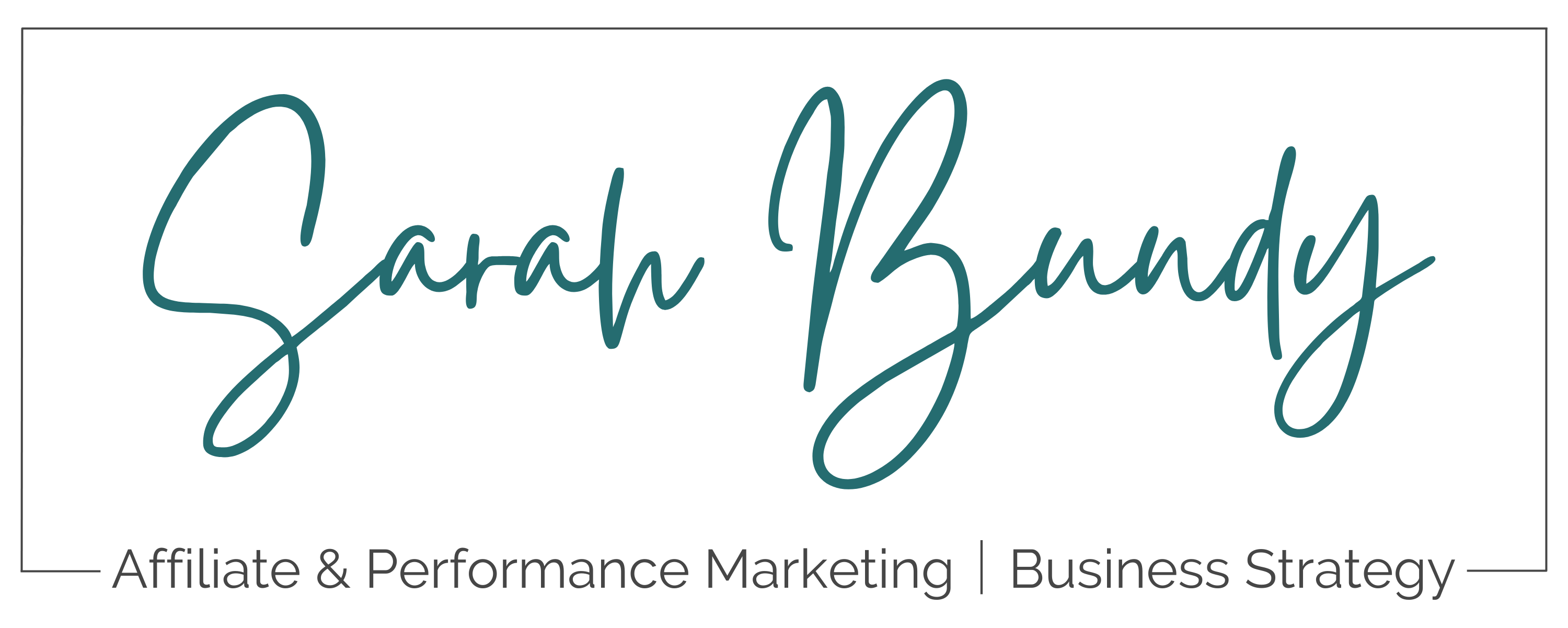Affiliate Marketing Terms, Definitions and Abbreviations – Part 4: Functionality and Tools

Over the last two weeks I have been defining many of the commonly used terms in performance marketing. It can be overwhelming and confusing at times, so understanding the key terms will help ease your experience and effectiveness in this industry.
In part one we looked at the key players in performance marketing, in part two we looked at common affiliate program models, in part three we looked at metrics and KPIs and this section will take a closer look at the terms used in overall functionality and “tools” used in affiliate marketing.
Functionality and Tools
Creatives
This is a term used to describe the tools that affiliates use to promote your products or brand. They usually come in the form of banners, widgets, datafeeds, landing pages, storefronts and videos.
Hyperlink
This is a term used to describe when a link of any sort can be clicked on and leads the “clicker” from one page to the next.
Tracking Link
A tracking link is a term used to describe any hyperlink that has a specific identifier attached to it, such as an affiliate ID. In affiliate marketing it’s the link that tracks which affiliate gets credit when a sale or lead takes place. These tracking links usual come from an affiliate network, in house affiliate program software, or e-commerce platform add on.
Landing Page
This is a term used to reference any page the customer lands on. A “landing page” could be your homepage, a particular product page, a sales page and so on.
Deep Link
A deep link is a hyperlink that goes to a particular page or image deeper into the website than the homepage or other usual landing page. For retailers this could be a specific product page as an example.
Datafeed
This is a file used to communicate important information about each of the products you sell. It usually comes in the form of an excel or csv file which outlines your products name, description, price, image URL, availability, etc.
API
API stands for Application Programming Interface which basically works as a dynamic and real time feed to something like a data feed, a price list, inventory system or even checkout from one device to another. It helps speed things up and automate information integration.
Widget
The word widget is a term used to describe self-contained code that displays select information, usually a smaller piece of a larger puzzle, like a sampling, to allow people to get an idea of what something is about. A widget can contain banners, text, videos, forms and more. In affiliate marketing widgets are generally used on product pages or content pages to give samples of more products that the buyer might be interested in.
Cookie
A cookie is a tracking mechanism used as “memory” to identify that a person has done something specific. For example, if a customer goes on an affiliate website and clicks on a link that includes their affiliate tracking code, a cookie is automatically placed on the customer’s computer to remember that the affiliate referred them there. In this case, if the customer then buys something from the merchant the affiliate referred, the cookie will “remember” and credit them accordingly.
Return Days / Cookie Duration
Return days and cookie duration basically refer to the same thing – how many days after an affiliate tracking link is set by cookies will the affiliate have the opportunity to earn before it expires. If you have a 60 day cookie, for example, it means the customer who clicks the affiliate link has 60 days to buy something for the affiliate to earn commission off it. If the customer comes back and buys something later than 60 days, the affiliate will not earn a commission on the sale.
Text Link
Text links are used by affiliates in the content of their work, such as in a blog post, a static website page, in a newsletter or in a review. It’s is simply text that is hyper-linked and can be clicked through from one page to another.
TM Bids
Some affiliates try to “bid” on a company’s trade mark terms because it produces easy sales and conversions. Generally if someone does a search in google for “Brandname Coupons” or “Brandname producename” they already know what they want to buy. This is a strategy used frequently by PPC and coupon affiliates and is a strategy that is not allowed in many affiliate marketing programs.
TOS
This simply stands for Terms of Service. It’s the legal notice to affiliates of what they are and are not allowed to do with an affiliate program they join.
Compliance
Compliance is a term used to discuss and enforce a program’s Terms of Service. How well are affiliates complying by your rules? What do you do when they break those rules? These are all questions and considerations when discussing “Compliance”.
There are many more terms used within the affiliate marketing space and online in general, though these are some of the most commonly used terms to help you get through.
What are some of the key industry terms, slang and abbreviations you see in your day to day operations in the performance marketing space?
